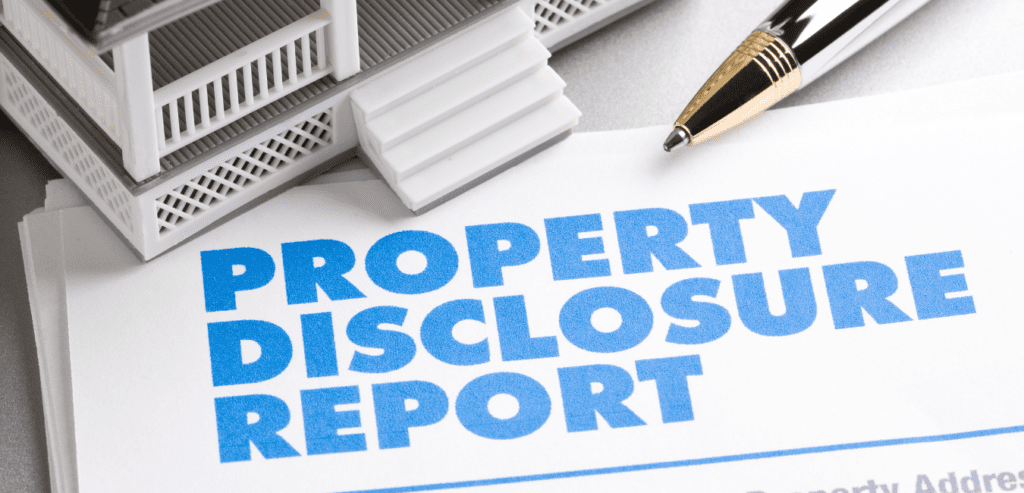Buying a home? Make sure that you understand what a seller’s disclosure is and what to expect from it. Seller disclosure is an important part of a real estate transaction to ensure transparency from the seller. While laws differ from state to state, it is a document that should provide you with details about the property’s condition including details that might negatively impact the property’s value.
Proper disclosure means the buyer gets a more comprehensive view of the property, and the seller lessens their chance of getting sued by the new owner for hiding information. Everything that you need to know, including those that could potentially cause you to back out of buying the home, must be written in a document.
1. Hazards
As a place where you and your family will be living, it is important to know the possible risks and hazards of the property. Is the location of the home at an increased risk of a natural disaster? Or are there nearby establishments that could be a source of potential environmental contamination? Some states require sellers to disclose if there are or have been any hazardous or toxic wastes in the area or if the property is located in a flood zone, wetland, or agricultural district.
You are buying a home to have a safe place for you and your family. So it is important that these hazards be known. Should you still want to proceed with the purchase despite the disclosed hazards, at least you can prepare and you’ll know the precautions that you can take.
2. Repairs
As a potential homebuyer, you need to know the home’s repair history. What are the things repaired and why? This is important so home inspectors will know where to pay extra attention when inspecting the home. Also, these problem areas might be a cause of possible issues in the future. So knowing the repair history will avoid any surprises once you’re settled in the home.
Aside from potential problems, knowing the repair history is also essential for your safety. Depending on the state, there are laws that require sellers to disclose previous structural or roof repairs, defects or malfunctions in walls, fences, floors, sidewalks, or any other current or previous problems affecting the home’s foundation and structural integrity.
3. Water damage
4. Death in the property
Would you buy a home if you knew that someone died there? For some buyers, this can be a bit of a concern especially if they are superstitious. In some states, sellers don’t need to disclose deaths from natural causes or deaths which are unrelated to the property.
However, death in the property becomes a concern if the reason for death is related to the condition of the property. For example, if a kid died because he slipped and drowned in the pool, it may be because of slippery flooring and the lack of a safety fence. This is a safety issue in the home and the seller would need to disclose this death even if the issue has already been addressed. Although disclosing death might seem difficult, it would be better if the seller discloses everything to you as you will eventually hear it from your future neighbors.
5. Homeowners' Association Information
6. Neighborhood Nuisances
Last but not least are the neighborhood nuisances. This is something that can be easily overlooked when checking seller disclosure but is actually a very important thing to check when buying a home. A nuisance is often a noise or odor from the surroundings of the property that could bother the occupant. In fact, in some states, the law requires the seller to disclose noises, odors, smoke, or other nuisances from commercial, industrial, agricultural, or military sources near the property. Make sure to ask your real estate agent about this.
Proper seller disclosure benefits both the buyer and the seller. By knowing everything that you need to know about the home you are buying, you can be assured that you will be entering an honest deal. As for the seller, they get to save themselves from possible complaints and lawsuits in the future if they become transparent with the property they are selling.




Responses